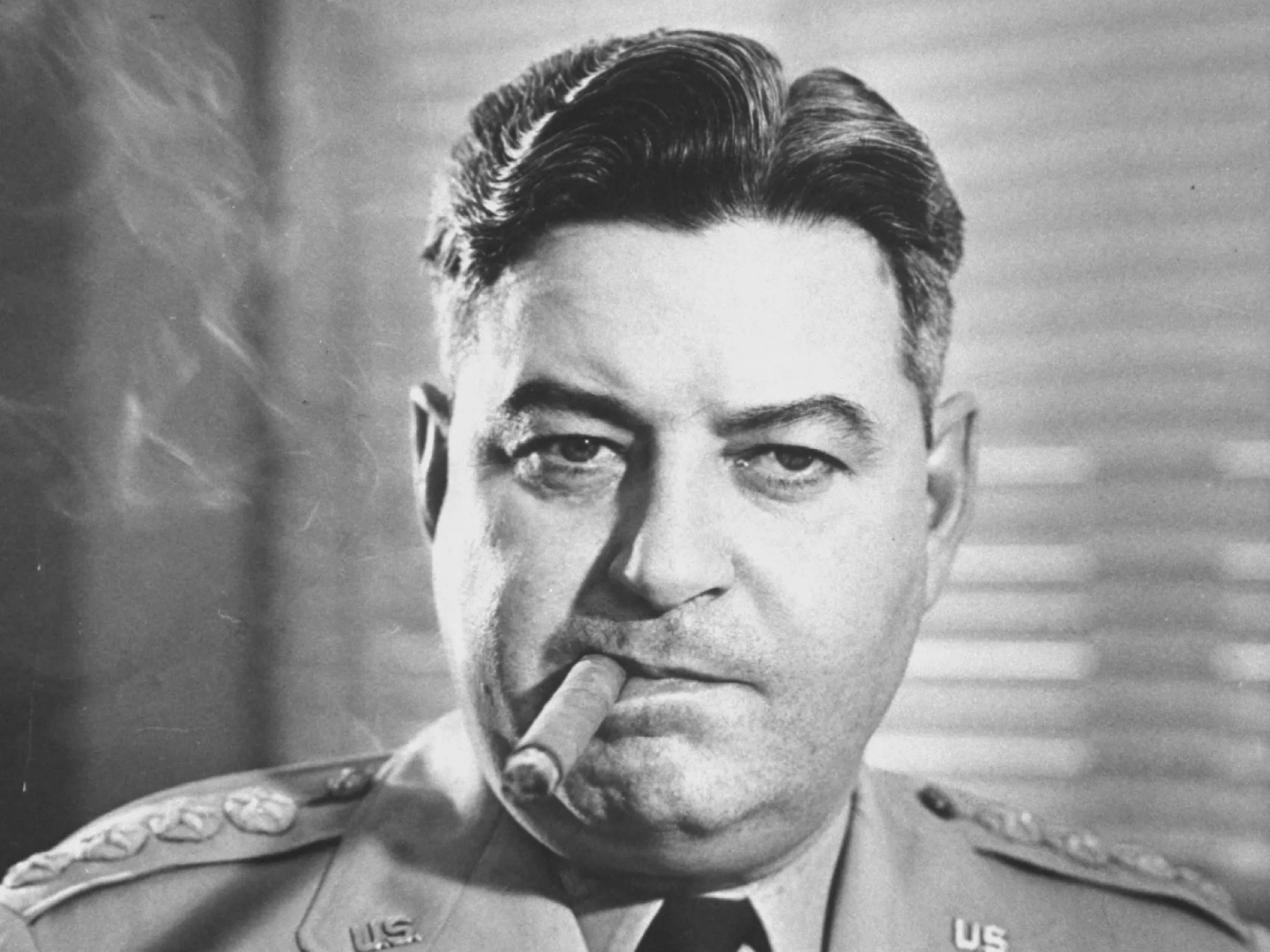General Curtis LeMay, born in 1906, was a polarizing figure in U.S. military history. His relentless drive for air supremacy and willingness to use atomic weapons made him a revered and controversial figure during the Cold War era. This article delves into his military career and explores the myths and theories regarding his connection to the assassination of President John F. Kennedy.
Military Career
LeMay's military career began when he graduated from Ohio State University and was commissioned into the U.S. Army Air Corps in 1929. In the 1930s and 1940s, he developed and refined the techniques of precision bombing, which would later play a vital role during World War II.
During the Second World War, LeMay commanded the 305th Bomb Group. Later, he would be appointed the head of the 21st Bomber Command in the Pacific, responsible for the firebombing campaigns over Japanese cities like Tokyo. These campaigns were both influential in breaking the enemy's will and controversial due to the massive civilian casualties.
After World War II, LeMay became the first Strategic Air Command (SAC) commander, transforming it into a formidable force equipped with nuclear-armed bombers ready to strike at a moment's notice.
LeMay's uncompromising stance on nuclear deterrence led to criticisms, especially during the Cuban Missile Crisis. His views on a preemptive strike against the Soviet Union contrasted with President Kennedy's more measured approach.
Connections to JFK Assassination
It's essential to clarify that there is no verified evidence connecting LeMay to the assassination of JFK. However, some theories and speculations arise from a few areas:
Differences in Approach: LeMay and Kennedy had differing views on handling the Cuban Missile Crisis. While JFK pursued a diplomatic solution, LeMay was a vocal proponent of a more aggressive, even militaristic, approach.
Displeasure with Kennedy's Leadership: Some believe that LeMay's dissatisfaction with JFK's leadership style and decisions, especially in the Bay of Pigs fiasco, could have resulted in a motive. However, this remains in the realm of speculation.
Theories and Rumors: Various conspiracy theories have linked numerous individuals and groups to the JFK assassination. LeMay's name has occasionally been mentioned in these circles due to his disagreements with JFK, but again, there is no concrete evidence to support this claim.
Testimony of E. Howard Hunt: E. In later years, Howard Hunt, a former CIA officer, made several ambiguous statements hinting at a conspiracy behind JFK's assassination. Some interpretations of his claims suggest a possible military-industrial complex connection. While LeMay's name was never explicitly mentioned by Hunt, conspiracy theorists sometimes connect the dots in ways that bring LeMay into the picture. However, this is all based on circumstantial and often misinterpreted information.
General Curtis LeMay was pivotal in the U.S. military during the mid-20th century. His beliefs and strategies were shaped by the times he lived in and the responsibilities he bore. While there have been whispers and theories about his connection to the JFK assassination, no solid evidence supports these claims. As with many aspects of the JFK assassination, separating fact from fiction is challenging, and one must approach such topics with caution and skepticism.















0 comments:
Post a Comment